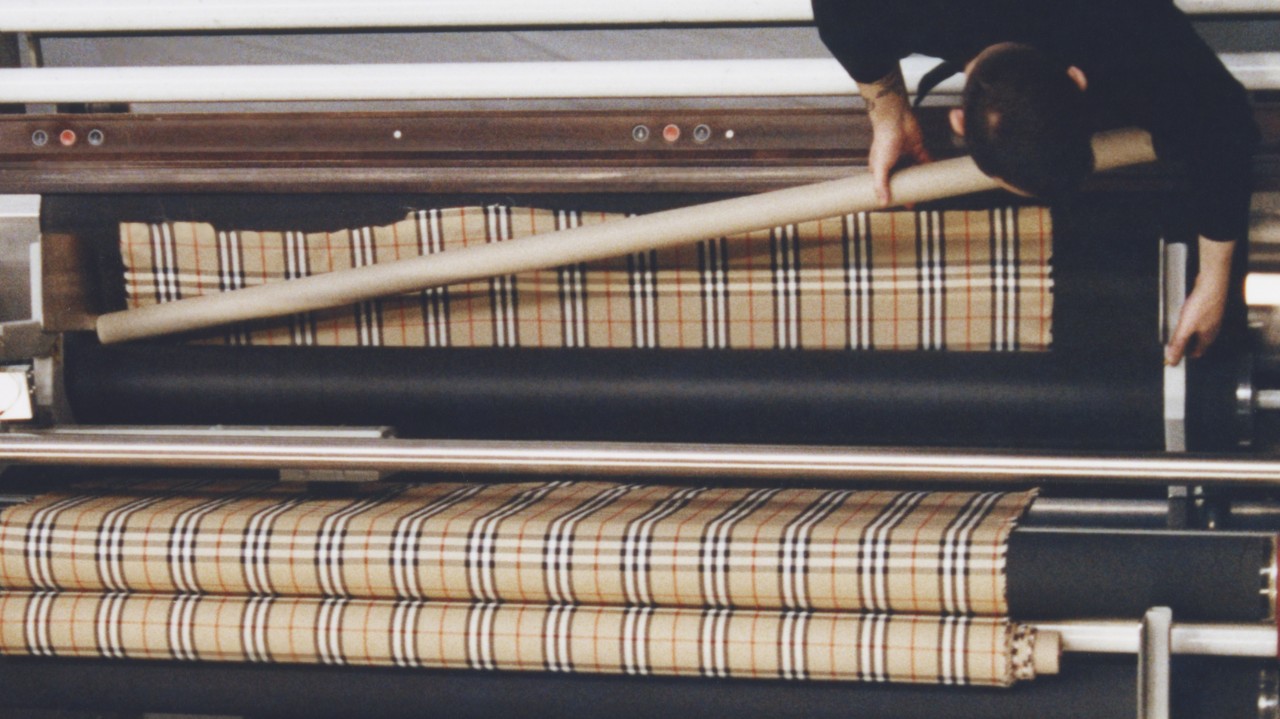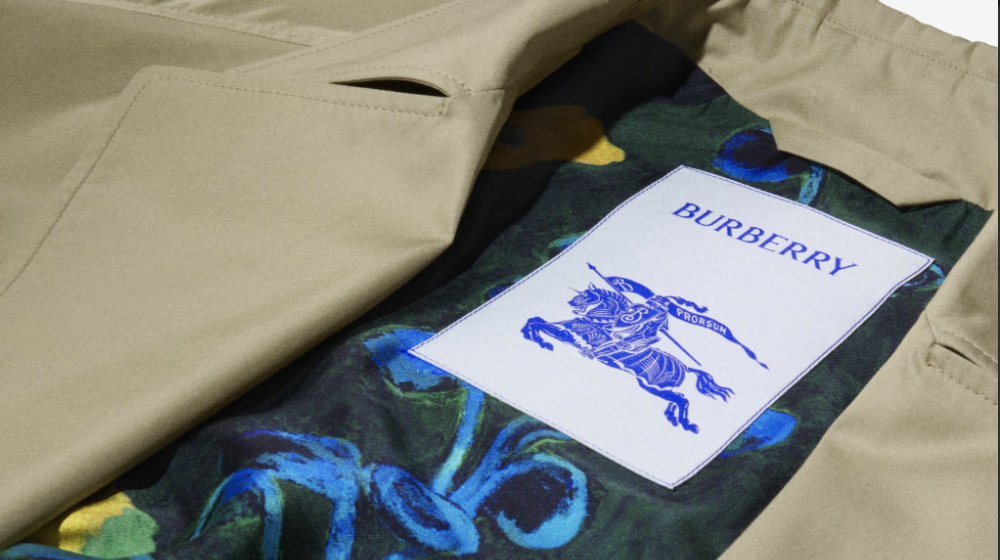Planet
From the invention of gabardine to outfitting adventurers, our heritage is intrinsically linked to the outdoors. We seek to manage our environmental impacts and contribute to global efforts to tackle climate change and nature loss.
Our aim is to reach net zero greenhouse gas emissions by FY 2039/40, along with extending our sustainable manufacturing programmes and contributing to the sustainable management of natural forests.
To achieve our net zero ambitions, our targets are validated by the Science Based Target initiative (SBTi) against their Corporate Net Zero standard and aligned to a 1.5°C pathway.
Our Targets
- Reach Net Zero emissions across our value chain by FY 2039/401
- Across our own operations, reduce absolute Scope 1 and 2 GHG emissions by 95% by FY 2026/27, and to maintain this year on year from FY 2026/27 through to FY 2039/402
- Across our extended supply chain, we aim for a 46% reduction in Scope 3 GHG emissions by FY 2029/30 and a 90% reduction in Scope 3 GHG emissions by FY 2039/403
- Continue to extend our sustainable manufacturing initiatives - covering sustainable chemical management, water and waste - both within our own manufacturing and across our supply chain4
- Contribute to sustainable management of natural forests and support zero deforestation across our products and supply chain by FY 2025/26
To learn more about our targets, visit our Annual Report.
Our Progress Highlights
93.7%
reduction in Scope 1 and 2 emissions5
100%
renewable electricity in our own operations
51.2%
decrease in Scope 3 emissions6
4th
year recognised as ‘Champion’ by ZDHC Foundation for chemicals management7
87%
of products delivered by direct Tier 1 and 2 supply chain partners8 were assessed against our Water Conservation Framework
100%
of viscose is ‘Green Shirt’ rated in Canopy’s Hot Button Ranking
Embedding sustainable manufacturing processes across our supply chain
Our sustainable manufacturing programme ensures we are lowering both our dependencies and impact across key environmental topics, including climate change, biodiversity, water, chemicals, waste and more.
Through our Water Conservation Programme, we are supporting our commitment to ensure our supply chain is water resilient. This sits alongside our Chemical Management Programme, aimed at driving zero discharge of hazardous chemicals through our Manufacturing Restricted Substances List (MRSL) and Product Restricted Substances List (PRSL). To ensure that the best practices in sustainable chemical management are adopted we are implementing the ZDHC Supplier to Zero (S2Z) programme across our value chain.
Our approach to waste reduction is focused on embedding circular principles across our operations and direct supply chain. Our waste hierarchy outlines our preferred approach to reducing waste across our footprint. These comprise reuse, resell, repurpose, donate and recycle. We also focus on limiting the causes of waste across design, supply chain and merchandising.
Adoption of TNFD recommendations
In FY 2025/26, we adopted the Taskforce on Nature-related Financial Disclosures (TNFD) sector guidance for apparel, textiles and footwear, joining over 700 other organisations that have committed to start making disclosures aligned with the TNFD Recommendations. Following the TNFD guidance will support us in advancing our assessment and disclosure of our nature-related dependencies, impacts, risks and opportunities.
1 Our scope 1, 2 & 3 targets are science-based targets that have been approved by the Science-Based Targets initiative (SBTi).
2Relative to FY 2016/17 base year
3Relative to FY 2018/19 base year
4We aim to work with our supply chain partners to:
- reduce energy and carbon emissions in line with our scope 3 carbon reduction target
- increase resource efficiency, and reduce and revalue waste
- reduce our water impacts, including our footprint in water scarce regions and the quality of our effluents, and promote water resilience across our value chain e.g. we aim for zero water ‘hotspots’ by 2030 (sites that are identified as the highest risk in our water assessment) and require mitigation plans for sites exposed to high risk of flooding
5From FY2016/17 base year
6From FY2018/19 base year
7Zero Discharge of Hazardous Chemicals (ZDHC) Foundation
8Key supply chain partners refers to our direct supply chain partners, including finished goods vendors and raw material suppliers

